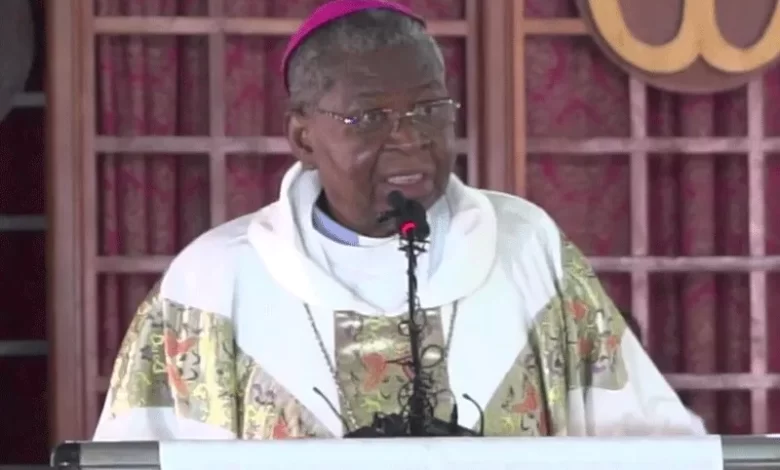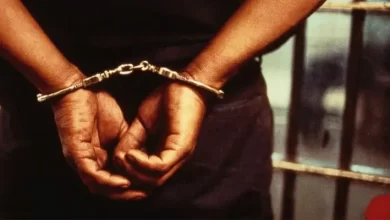
The Catholic Bishops’ Conference wants Ghana’s legislation on homosexuality to place more emphasis reformative and corrective sanctions rather than incarceration.
The Conference believes putting people in prison for engaging in LGBTQ activities is rather going to exacerbate the matter instead of solving it.
President of the Ghana Catholic Bishops’ Conference, Rev. Matthew Kwasi Gyamfi, has explained that putting people in prison for their sexual orientation will not eradicate homosexuality.
His comments come on the back of the passage of the Human Sexual Rights and Family Values Bill 2021 by Parliament Wednesday, February 28, 2024.
The Catholic Church, according to Rev Gyamfi, although supports the bill’s passage, he maintained the need for a review of the sanctions.
“We think that in the case of this particular law and the way it is being implemented, being placed in prison as the punishment that they have chosen, it is not going to solve the problem. Because you see if you round up same-sex people and you know our prisons, they are going to end up in the same room and what is going to prevent them from going through these activities in prison?
“And you are not going to put them there forever because they are going to be there for three months to six months. And then they practice this and come out as more experts at it than when you sent them there. Then you release them back into society. So, what is going to happen?
“That is why we were concerned about a punishment that will correct them, that will reform them. So if the government is going this way or if the parliament is going this way that is why we are suggesting that in the prison there, they should add more of the corrective and reformative measures,” he said on Accra-based Citi FM Thursday, February 29, 2024.
The Human Sexual Rights and Family Values Bill 2021, commonly referred to as the Anti-LGBTQ/gay bill criminalizes LGBTQ activities, encompassing their promotion, advocacy, and funding.
Individuals found guilty could face a jail term ranging from six months to three years, while promoters and sponsors of these activities could face a three-to-five-year jail term.
Source: onuaonline.com




